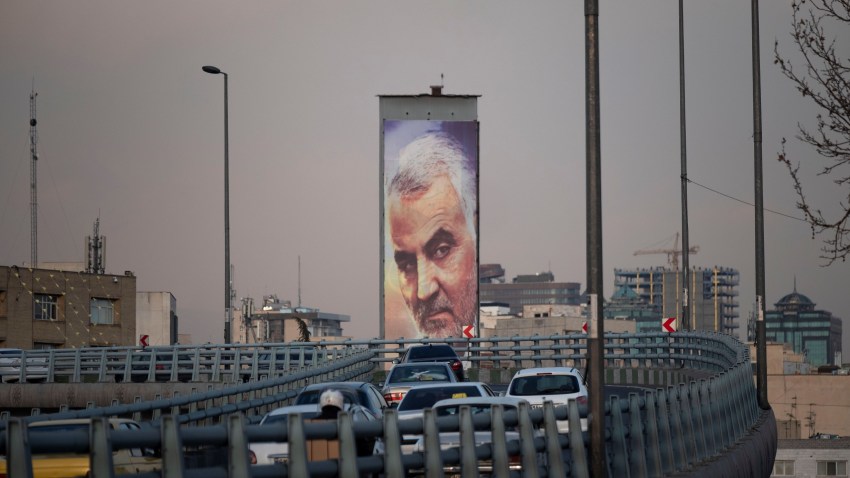As risks of further escalation begin to mount, frantic diplomatic efforts are currently underway to prevent the Israel-Hamas war in Gaza from spiraling into a wider regional conflict. But while global leaders and publics remain transfixed by this unfolding tragedy, other trends in the region whose long-term impact could prove as consequential for the future of the Middle East are gaining momentum. In particular, an increasingly visible transformation of identity discourses in the Gulf and Iran is setting the scene for further shocks to the regional order.
These social dynamics in Saudi Arabia, Iran and other Gulf states are a product of state responses to the wave of protests across the Middle East in the late 2000s and early 2010s. At the time, mass demonstrations in Bahrain and the eastern Saudi province of Qatif fueled fears among the Gulf states’ aristocracies that the open expression of sectarian and class tensions could topple their systems of power and patronage. Though these and similar mass protests across the Arab world in 2011—as well as in Iran in 2009—withered in the wake of brutal repression, this turmoil fostered ideological experimentation among autocratic regimes in their pursuit of counterrevolutionary strategies to ensure their own survival.
The effort by these authoritarian governments to promote new identity narratives in order to protect the power of an elite made up of landed aristocrats and bourgeois oligarchs is reminiscent of Giuseppe Tomasi di Lampedusa’s depiction of the social contradictions that engulfed Sicily during Italy’s wars of unification in the 1860s, in his novel, “The Leopard.” Written in 1958, “The Leopard” is most famous for a quip made by its central character, who remarks that “if we want things to stay as they are, things will have to change.”

